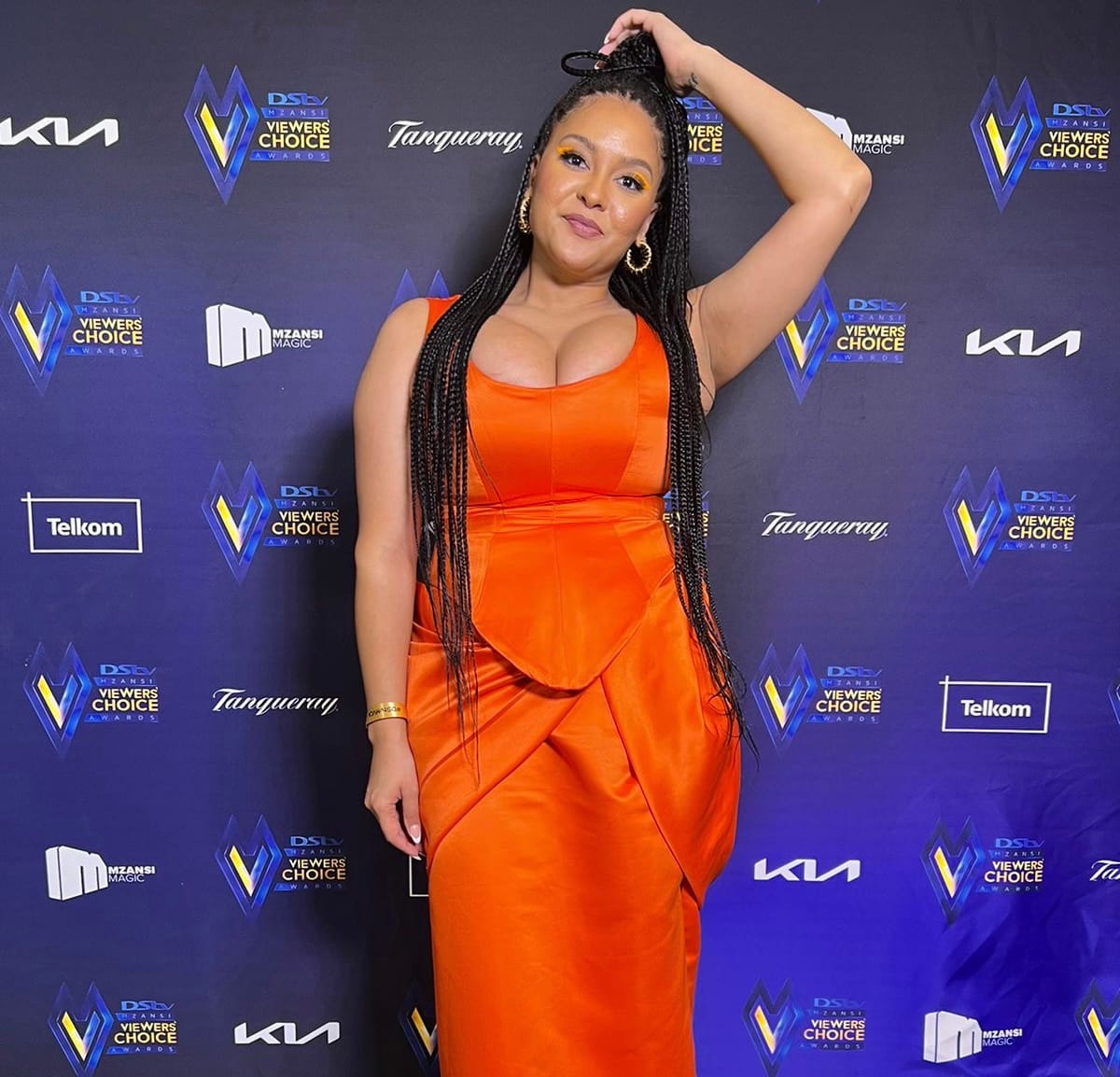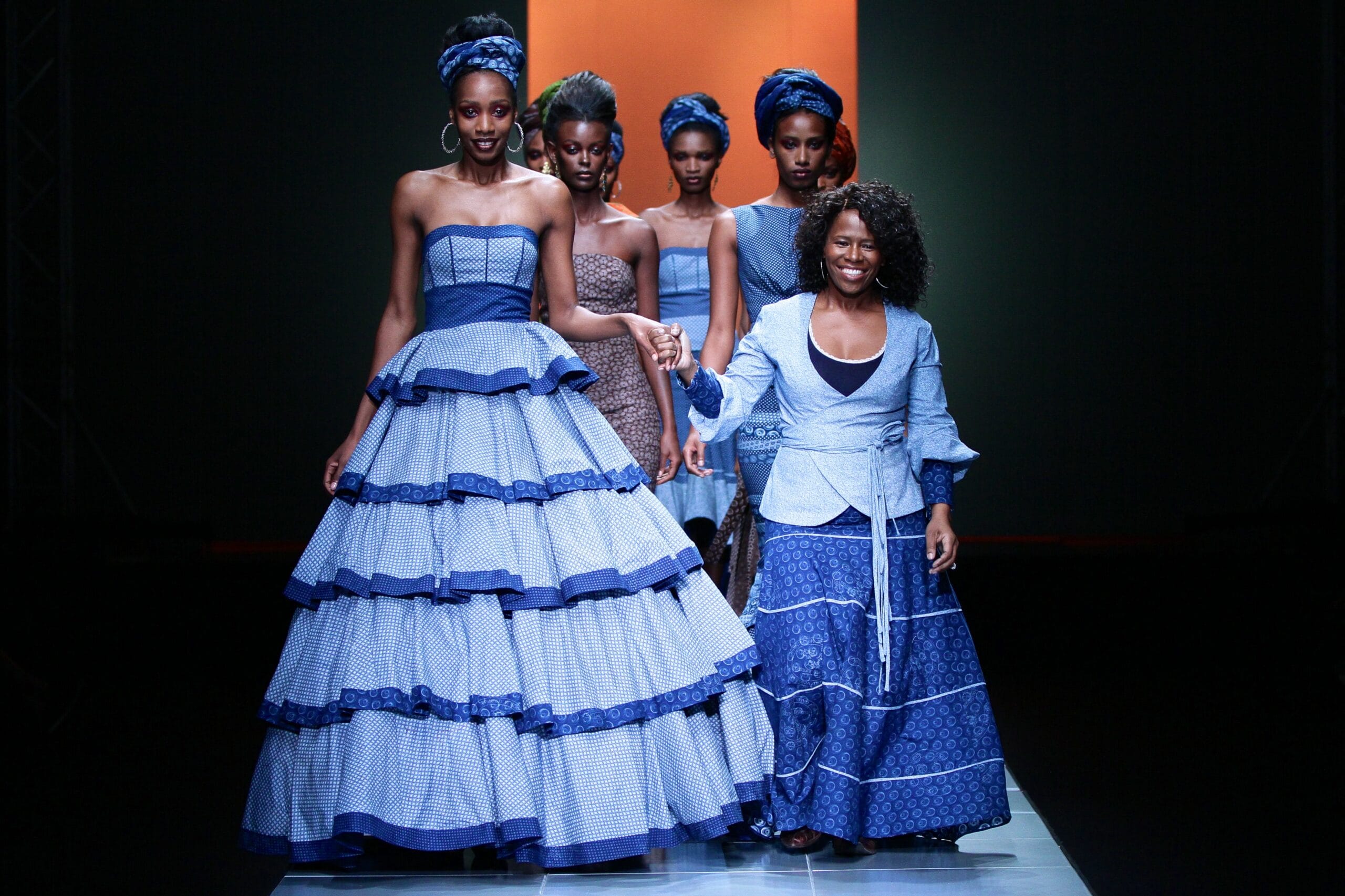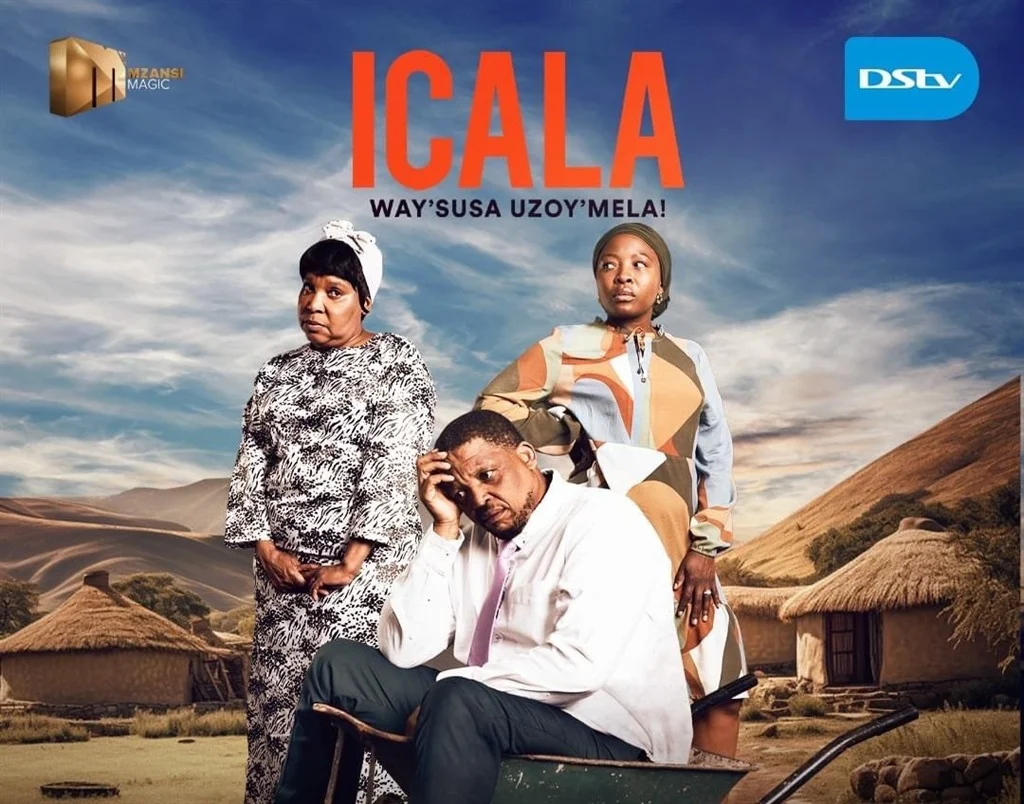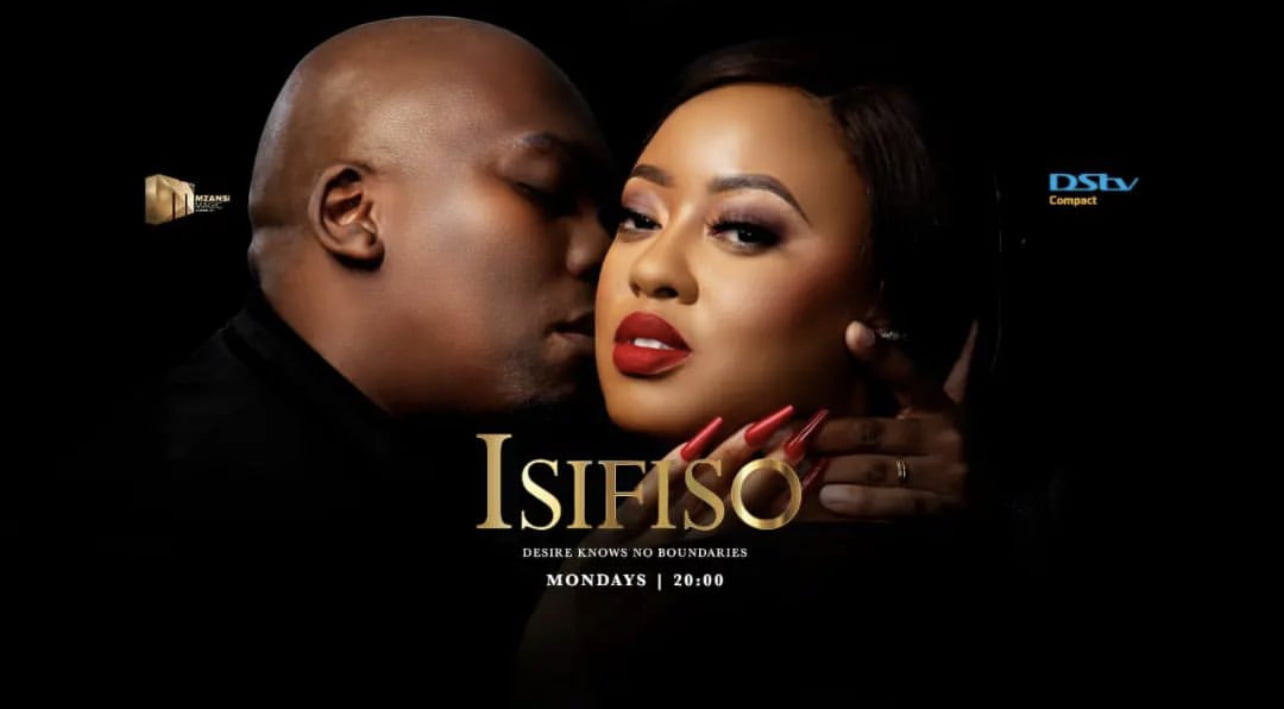Venessa Buthelezi is a South African creative who was born and bred in Johannesburg. She is a writer, director, producer and the junior commissioning editor at Multichoice for Mzansi Magic, M-Net, and Showmax. She speaks about her career, her experience in the entertainment industry and more.
Venessa was initially supposed to go to the University of Witwatersrand to study medicine, but she somehow convinced her mother to let her go to AFDA. “I recognized that I had a talent for telling stories and a talent for visual creativity. I remember that it took my mom a lot of convincing, and kudos to her, she really stuck by me, and she is the reason for where I am right now”, she says.
She has been in the industry for almost over 14 years and got to work on many projects. Before becoming a commissioning editor, she has been the director for V-Entertainment. She has been a part of award shows such as the Channel O Music Video Awards for a few years, she has also been the judge for the SAMAs for 5 consecutive years and the DMVCAs, as well as Miss South Africa.

She also hosted and produced a deep-house music show called Hit Refresh for 5 years. She has interviewed international industry giants such as Oprah, Naomi Campbell, Tyler Perry, Issa Rae, and many more.
“As a director, I got to conduct my own interviews and meet different people and bring stories out of them that most people couldn’t have, so I pride myself in that”, she says. She then moved on to commissioning and went on to commission Doctor Khumalo’s life story. She is currently commissioning some of South Africa’s biggest documentaries, which will be airing in the next year. As a storyteller, she describes her creative process as being interrogative, “I interrogate things a lot. I make sure I go through everything with a fine-tooth comb”, she says.
She explains that she has to understand the project’s main objective, so she asks herself what kind of story is being told, whether it’s a short story with inserts from interviews or a drama series that requires more resources.

“The simple answer is that I interrogate every project according to what it needs, and I make sure that everything is run through with a fine-tooth comb before we even get to production”, she says. As the junior commissioning editor at Multichoice, she has her work cut out for her.
Venessa is part of a team that sifts through projects and chooses projects that people pitch to them, “When someone comes to pitch, and I like the story that is being pitched, I pick it up and start developing it”, she says. She explains how she is involved in the project from its pre-production stages. She sees it through its production process and pays attention to the details to ensure it is running well. She is also involved in the post-production stage of the project, when it gets to its marketing phase, all the way through until the production reaches our TV screens, “I am 100% involved throughout the entire process”, she says.
Venessa is quite the busy bee, she hardly finds time to wind down, “I don’t really wind down”, she explains. But whenever she does, eventually, she spends time with her dogs and her partner.
“I love my dogs, they are my babies until I have babies. I love spending time with my partner, just seeing him and having a conversation with him”, she says. She also states that she winds down by taking a long shower and having a good home-cooked meal because cooking is her hobby. “I really like making good food. I get that from my mother because she was a chef before she retired”, she explains. She also explains how her family, friends and partner are very supportive. “I have an excellent supportive structure. I consider myself really blessed, and I don’t take it for granted because I know that if I’m having a bad day, I can call a friend, and we talk about it. Then, after the call, everything seems okay”, she says.

With more than 14 years of experience in the industry, Venessa has had some challenges and mistakes that she learned from. She explains that the biggest challenge for her has been being a young, Black female in the industry. Especially when one is trying to put oneself in a position of power, you get questioned a lot on things men would never get questioned on, so it’s challenging when you are trying to find your way.
“For instance, when I used to interview people, some of the high-profile men I interviewed would try to make a pass on me, but I had to remain professional and ensure that I get the interview in the bag”, she explains. She continues to explain that it is challenging to be in the boardrooms as a young, Black female because there are so many obstacles in your way, like ‘does she deserve to be here? Is she old enough?’ and all those sorts of things. “So I think for me, and I also speak for my fellow sisters in the industry as well, it’s hard because you’re trying to be at the top of the pyramid with everyone, but you don’t have an escalator, you need to climb your way up”, she says. She also states that overthinking is a challenge. “When you start overthinking, you start wanting to self-correct or self-correct the project, and that’s not necessarily a good thing”, she says. But besides being presented with challenges, she has also seen some changes in the industry as well.
She explains that the industry has grown a lot more now. “We have so many key players now. We have streaming services like Showmax, Netflix, and Amazon, so the industry is growing”. She explains that it is a good thing because that means that more content is being created. The more content is being created, the better everyone becomes at their skill. And the most significant change she’s seeing right now is that women are starting to hold up more space in the industry. However, she states that there is still room for more growth and inclusivity regarding the LGBTQI+ community and more race inclusivity. “We can’t live in a bubble and pretend that people don’t exist around us, especially in storytelling”, she says. That is one of the reasons why she got into the industry.
“I got in the industry because I want to tell African stories, originally made by Africans”, she says. She explains that she wants to tell stories in an original and authentic way to Africans. “I want our audience to authentically see themselves in the stories we tell and resonate with them. I want us to have stories authentically told by us, for us”, she says. She also has plans for her future.
“I definitely want to go back into the industry, outside of being a broadcaster. I have what we call in the industry a creative itch”, she says. She explains that she would love to start making her own documentaries and go back to writing and directing her own feature films. “The road in this career path is very long and wide, so I might go back to that and then come back to broadcasting again, you never know”, she says. But what she knows for sure is her retirement plan after she has accomplished all her goals.
“I have a retirement plan that involves my farm, getting lots of animals, planting my own crops and growing a family with my partner”, she says. And with all the wisdom she would have acquired while in the industry, she’ll have a thing or two to say to a young person starting out in the industry. “I’d advise them to never listen to wrong opinions”. She explains that it’s because there is a difference between constructive criticism and people trying to break you down and diminish your light.
“So, always remember why you started. Remember that you are great at what you do, and that is why you are moving forward. Never let yourself be hurt by people who don’t see your vision because there will always be someone who will try to bully you in an attempt to dim your light”, she says.






No Comments